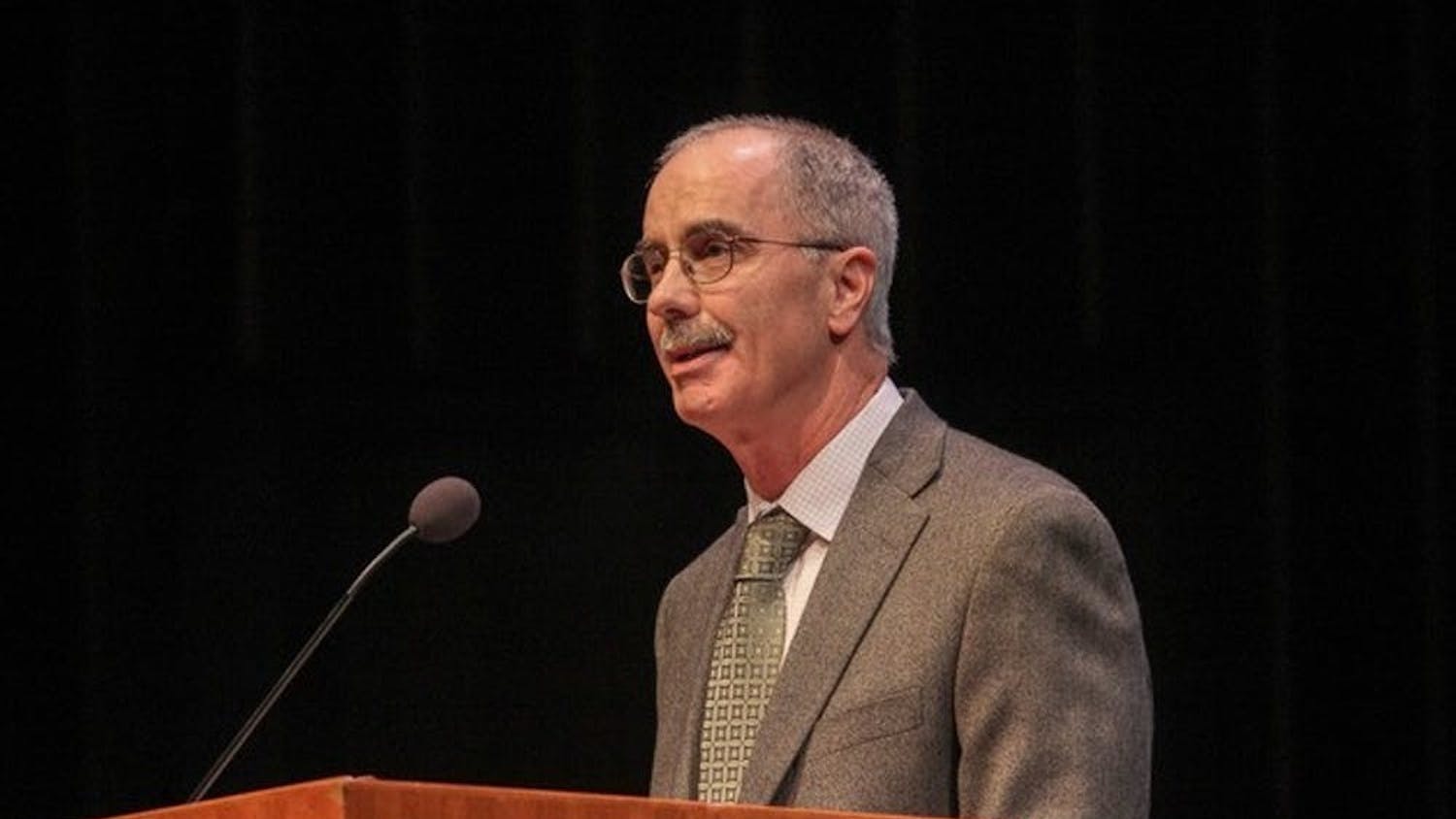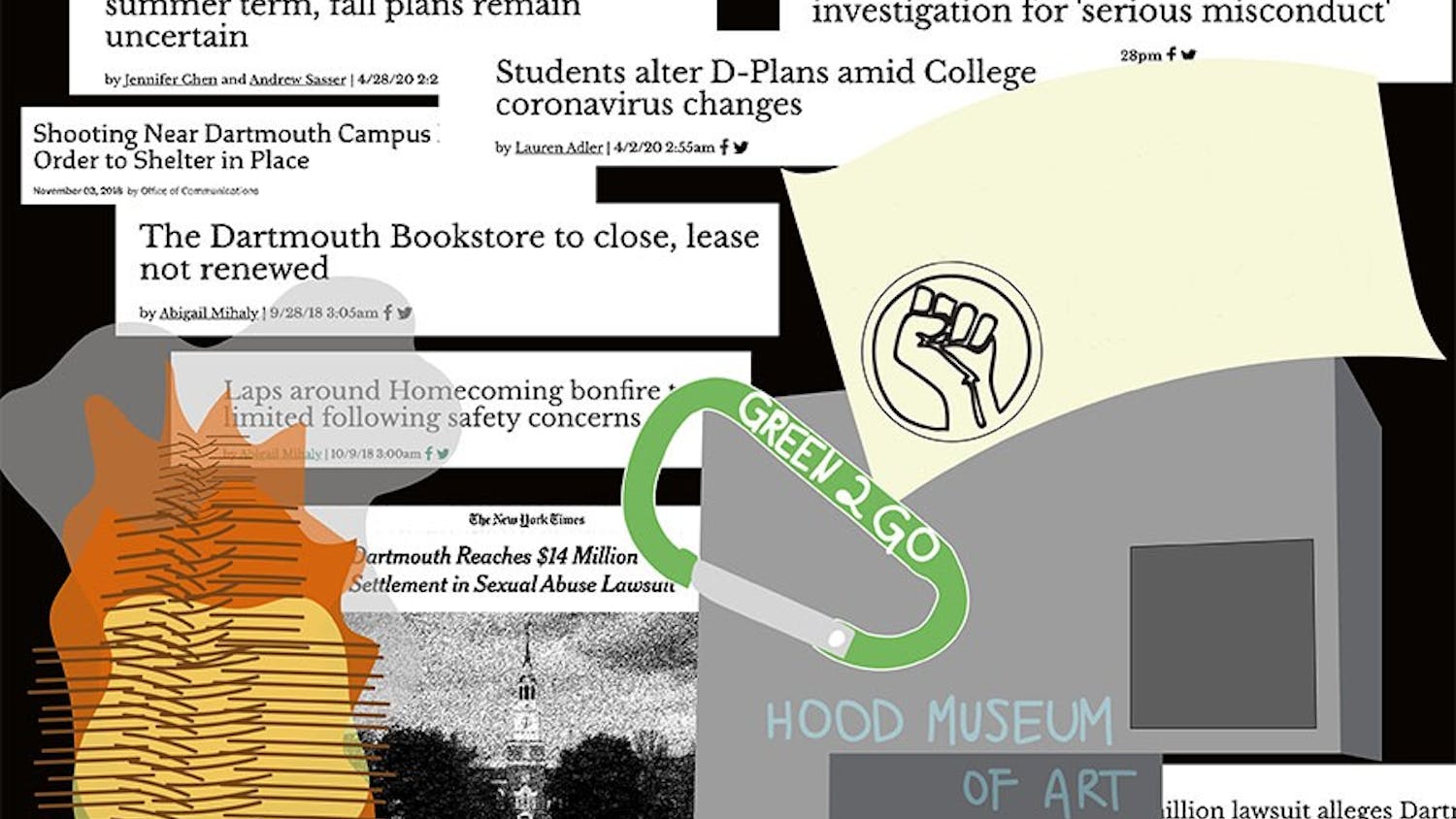As of late, political leaders have been painting an optimistic picture of a quickly recovering macroeconomy. These high expectations, however, are not always based on fact. Rather than forming these unrealistic expectations for the future, the prominent voices of today should focus on what we can do in the present moment.
On July 8, President Donald Trump tweeted, “Economy and Jobs are growing MUCH faster than anyone (except me!) expected. Job growth is biggest in history. China Virus Mortality Rate is among the LOWEST of any country. Shaping up for a good third quarter, and a great next year! NASDAQ at new record high, 401k’s way up!!!!”
While optimistic, this message is far from accurate. The mortality rate of COVID-19 in the United States is not “among the LOWEST of any country.” CNN Analyst Tara Subramaniam notes that “while US coronavirus mortality rates have declined recently, they are not the lowest in the world.” While she acknowledges that “data on coronavirus death rates remain imprecise” due to testing constraints and asymptomatic patients, she asserts that, out of the 20 countries most affected by the virus, “at least 14 have lower death rates than the US.” According to the Johns Hopkins Mortality Analyses, this number should actually be updated to 13 countries, as the U.S. and Egypt have swapped positions over a 0.3 percent difference — regardless, rates of coronavirus in the U.S. are hardly exemplary.
Moreover, while the cumulative percentage change in average 401(k) balance from 2009 to 2019 is 466 percent according to a report released by Fidelity Investments, there is no sound retirement data concerning 2020 trends that support the 401(k) comeback that Trump mentions. This is likely due to the fact that it is simply too early for this data to be published.
This recent tweet by President Trump goes to show that, instead of using their political stages to spread valuable information, the prominent voices of today are jumping to false conclusions and setting unrealistically high expectations for the future of our economy and society. Indeed, President Trump is not alone in his optimism — conservative political commentator Nick Adams tweeted that “the transition back to greatness is ahead of schedule,” while Andrew Bailey, Governor of the Bank of England, noted in a BBC interview how a fiscal recovery from COVID-19 “could be fast.” Perhaps global leaders are using optimism as a way to foster a sense of normalcy. These intentions, however, contradict with the role of citizens: namely to be informed, not mindless and impressionable. As such, we should not shy away from the fact that we are living in a crisis — we need to stop jumping to conclusions and start taking action.
Given the coronavirus pandemic, global movement against systemic racism and presidential election, it’s more important than ever for our leaders to make the public aware of issues and encourage citizens to tackle them face-on, instead of misleading them into thinking they do not exist.
Claims like those tweeted by President Trump are not the product of factual optimism, but rather wishful thinking. Our global situation does not point towards optimism or even pessimism — it points in many directions and is inherently ambiguous. The American economy and stock market is especially volatile. Best said by the Center for Economic and Policy Research, “the COVID-19 pandemic has triggered a massive spike in [economic] uncertainty.”
So what should we do? Instead of focusing on developing unfounded, high expectations, or low ones for that matter, we must focus on gaining more information and addressing what we do not know. We should focus on what we can accomplish in the present, such as ameliorating the spread of COVID-19 and treating each other as equals, while taking the time to grow from new information.



